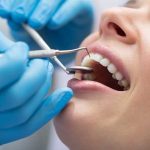Smoking After Wisdom Teeth Removal: How Long Should You Wait?
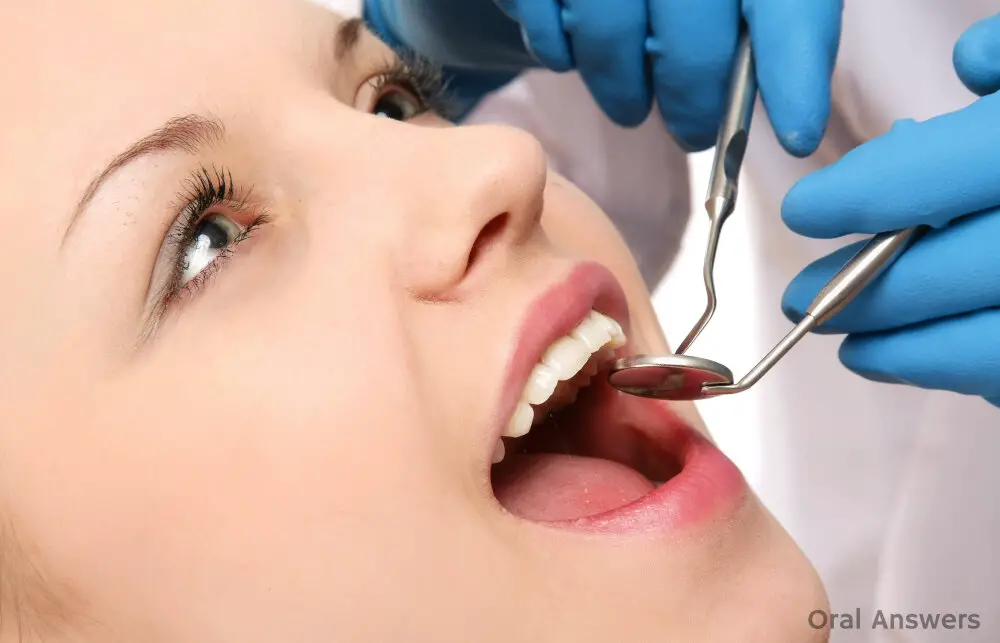
Wisdom teeth removal is a common dental procedure that many people undergo. It involves extracting the third molars located at the back of the mouth, which often cause pain, discomfort, and other dental issues. After the procedure, patients are typically advised to follow certain precautions to ensure proper healing and minimize the risk of complications. One of the most important guidelines is to avoid smoking, as it can delay the healing process and increase the likelihood of infection. However, many patients may wonder how long they need to wait before smoking after wisdom teeth removal. Smoking is a habit that can have serious consequences on oral health, and it is especially risky after dental procedures such as wisdom teeth removal. The chemicals in cigarettes can cause irritation and inflammation in the gums, impair blood flow to the affected area, and compromise the body’s natural healing mechanisms. Furthermore, smoking can increase the risk of dry socket, which is a painful condition that occurs when the blood clot that forms in the extraction site is dislodged or dissolves prematurely. Therefore, it is essential for patients to understand the importance of abstaining from smoking after wisdom teeth removal and to follow their dentist’s instructions to ensure a speedy and successful recovery.
Wisdom teeth removal is a surgical procedure that involves the extraction of the four wisdom teeth located at the back of the mouth. The procedure is usually carried out under local anesthesia to numb the area around the teeth, and in some cases, general anesthesia may be used to put the patient to sleep. The dentist or oral surgeon will make an incision in the gum tissue to access the tooth, and then remove the tooth using forceps or a surgical drill. Common complications of wisdom teeth removal include bleeding, swelling, pain, infection, dry socket, and nerve damage. These complications can be prevented or managed by following post-operative care instructions given by the dentist or oral surgeon. It is important to avoid smoking after wisdom teeth removal until the area has fully healed to prevent complications such as dry socket.
Avoiding smoking after wisdom teeth removal is crucial for a successful recovery. Smoking can cause severe complications like dry socket, an infection that occurs when the blood clot in the extraction site dislodges, leaving the bone and nerves exposed to the air. The chemicals in cigarettes and other tobacco products can hinder the healing process by constricting blood vessels and slowing the delivery of oxygen and nutrients to the wound. Moreover, smoking can exacerbate pain, swelling, and inflammation, making it difficult to manage postoperative discomfort. Therefore, patients who undergo wisdom teeth removal should refrain from smoking for at least 72 hours to minimize the risk of complications and promote optimal healing.
Why You Should Wait
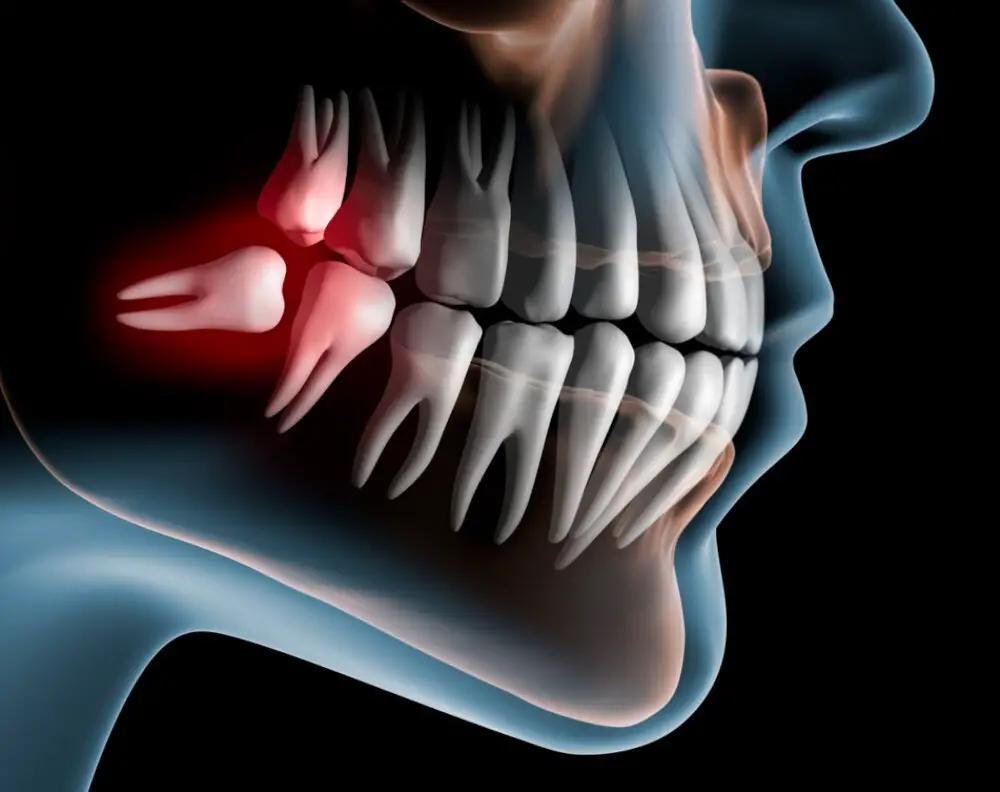
After undergoing wisdom teeth removal, it is highly recommended that you wait before smoking. The reason behind this is that smoking can significantly slow down the healing process and increase the risk of complications such as dry socket. Dry socket is a condition that occurs when the blood clot that forms in the tooth socket after extraction becomes dislodged or dissolves, exposing the underlying bone and nerves, leading to intense pain and discomfort. Smoking after wisdom teeth removal can also reduce blood flow to the gums, which can hinder the healing process and increase the risk of infection. Therefore, it is highly advisable to wait for a few days before smoking to ensure proper healing and avoid any potential complications. Another reason why you should wait before smoking after wisdom teeth removal is that the chemicals present in cigarettes can be harmful to the healing gums and bone. Smoking can cause a decrease in blood flow, which can lead to delayed healing and increase the risk of infection. Additionally, nicotine can constrict the blood vessels and reduce oxygen supply to the tissues, which can further hinder the healing process. The heat from a cigarette can also irritate the wound and cause pain and discomfort. Therefore, it is essential to give your body enough time to recover before smoking to ensure optimal healing and avoid any potential complications. Overall, it is highly recommended that you wait for at least 72 hours before smoking after wisdom teeth removal to ensure proper healing and avoid any potential complications.
Smoking is known to have numerous negative effects on the human body, including impairing wound healing. When someone smokes, the chemicals in the tobacco cause constriction of the blood vessels, reducing blood flow to the affected area. This reduction in blood flow means that the wound receives fewer nutrients and oxygen, both of which are critical for the healing process. Additionally, smoking weakens the immune system, making it harder for the body to fight off infections that could impede healing. The combination of reduced blood flow and a weakened immune system means that smokers may experience delayed or incomplete healing of wounds, leading to longer recovery times and increased risk of complications. Therefore, it is highly advisable for individuals to refrain from smoking after wisdom teeth removal, to ensure proper healing of the wound.
After a wisdom tooth extraction, dry socket is a common complication that smokers should be aware of. Dry socket occurs when the blood clot that forms in the empty socket is dislodged or dissolves before the wound has had a chance to heal. Since smoking reduces blood flow and impairs the healing process, it increases the risk of dry socket. In addition, the act of smoking can dislodge the blood clot by creating suction in the mouth. Therefore, it is highly recommended that smokers wait at least 72 hours after the extraction before smoking to reduce the risk of developing dry socket. Taking care of your oral health and avoiding smoking after wisdom teeth removal is crucial to avoid complications and ensure a smooth recovery.
After wisdom teeth removal, it is recommended to wait at least 48 hours before smoking. This waiting period helps to prevent dry sockets, a painful condition that occurs when the blood clot in the extraction site becomes dislodged or dissolves, exposing the nerves and bone underneath. Smoking can also delay the healing process and increase the risk of infection. It is important to follow the dentist’s post-operative instructions carefully to ensure proper healing and reduce the risk of complications. Patients may also consider quitting smoking altogether to promote overall oral and systemic health.
Alternatives to Smoking
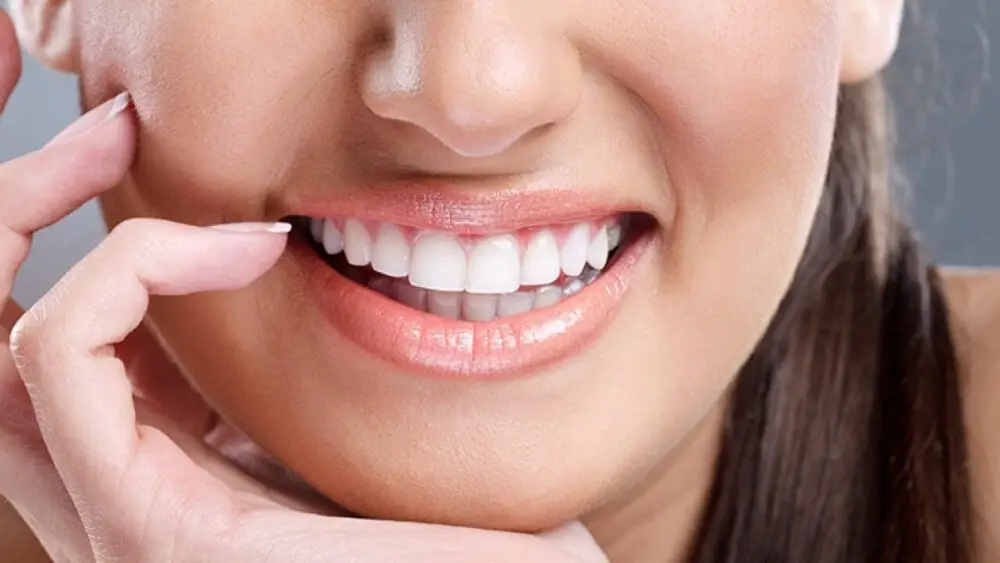
Smoking is a dangerous habit that can lead to various health problems. If you have recently undergone wisdom teeth removal, smoking can further complicate the healing process. However, quitting smoking altogether may not be an easy feat for everyone. Fortunately, there are several alternatives to smoking that you can explore to help you quit or reduce your smoking habit. One of the best alternatives to smoking is vaping. Vaping involves inhaling vapor from an electronic cigarette, which simulates the experience of smoking without the harmful effects of tobacco smoke. Another alternative is nicotine patches or gum, which help to reduce cravings and withdrawal symptoms associated with quitting smoking. These products contain nicotine, but in lower doses than cigarettes, allowing you to gradually wean off nicotine entirely. Additionally, engaging in physical activity like exercise or hobbies can distract you from smoking and help you cope with stress, which is often a trigger for smoking. With these alternatives, you can successfully quit smoking and improve your overall health and wellbeing.
Nicotine addiction is a challenging habit to break, and it can be especially difficult for those who have just undergone wisdom teeth removal. However, there are alternative coping mechanisms that can be effective in managing nicotine cravings. One option is to use nicotine replacement therapy, such as nicotine gum or patches. This can help alleviate withdrawal symptoms and make it easier to quit smoking. Other coping mechanisms include engaging in physical activity, practicing relaxation techniques such as yoga or meditation, and seeking support from friends and family. By using these alternative coping mechanisms, individuals can successfully manage nicotine addiction and improve their overall health and well-being.
Waiting for a few days after wisdom teeth removal can be a challenging period for those who are addicted to smoking. Nicotine cravings can be intense and can lead to a relapse. However, there are some ways to reduce cravings during this waiting period. Firstly, try to distract yourself with other activities such as reading a book, watching a movie, or going for a walk. Secondly, chewing gum can help to reduce cravings and keep the mouth busy. Thirdly, drinking plenty of water can help to keep the mouth hydrated and reduce the urge to smoke. Lastly, try to avoid situations that trigger cravings such as being around smokers or stressful situations. By following these suggestions, smokers can successfully wait out the recovery period after wisdom teeth removal without giving in to nicotine cravings.
Risks of Ignoring Recommendations
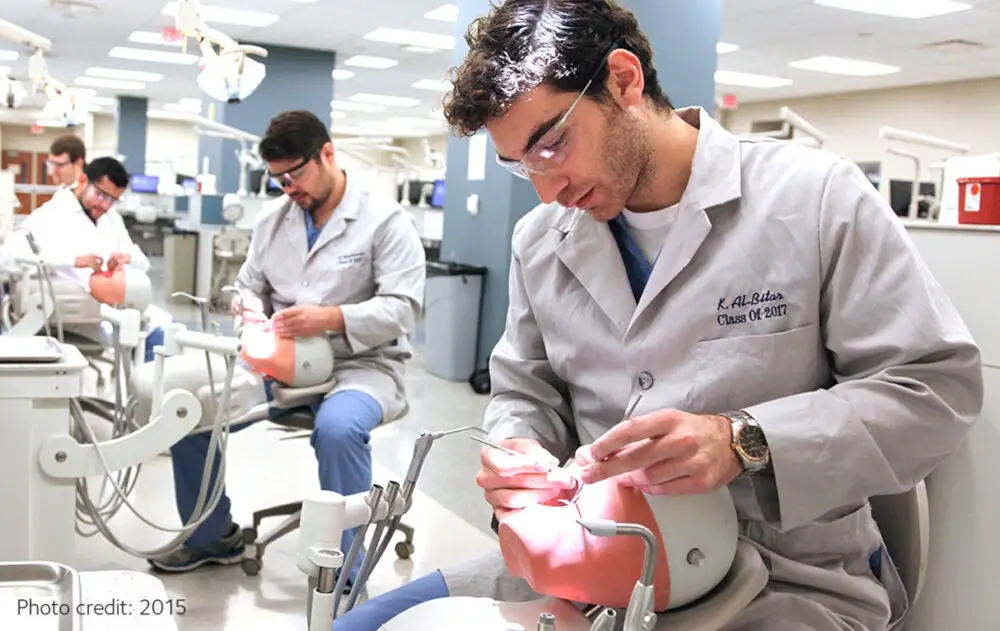
Ignoring recommendations can have severe consequences, particularly when it comes to health. The risks of ignoring recommendations after wisdom teeth removal can be detrimental, and ignoring them can lead to serious complications. For instance, smoking after wisdom teeth removal is strongly discouraged as it can lead to a dry socket, a painful condition that forms when the blood clot in the socket is dislodged or dissolved before the wound has healed. The resulting exposure of the bone and nerves can cause immense pain, swelling, and even infection. Ignoring the recommendation to avoid smoking after wisdom teeth removal can result in a longer and more painful recovery period. Another risk of ignoring the recommendation to wait before engaging in certain activities after wisdom teeth removal is the potential for delayed healing. Activities such as exercise, drinking alcohol, and using a straw can all cause complications and delay the healing process. For example, drinking alcohol can lead to increased bleeding and inflammation, while using a straw can dislodge the blood clot and cause a dry socket. Ignoring these recommendations can increase the risk of infection and prolonged recovery time. It is crucial to follow the recommendations of your dentist or oral surgeon to ensure a smooth and speedy recovery after wisdom teeth removal.
Smoking after wisdom teeth removal can lead to various complications that can prolong the healing process. One of the primary concerns is the negative impact of smoking on the blood vessels in the mouth, which can result in bleeding and decreased circulation to the affected area. Smoking can also cause dry socket, a painful condition that occurs when the blood clot in the extraction site is dislodged, exposing the underlying bone and nerves. Additionally, smoking can delay the healing process by impairing the immune system and reducing the oxygen supply to the tissues. Therefore, it is essential to wait for at least 72 hours before smoking after wisdom teeth removal to minimize the risk of complications and ensure proper healing.
After undergoing wisdom teeth removal surgery, the recovery process can be quite challenging, and smoking can make it worse. Smoking tobacco products after surgery can result in increased pain, swelling, and bleeding, which can prolong the healing process. Nicotine present in cigarettes can constrict blood vessels, reducing blood flow to the surgical site, which can cause blood clots to dislodge, leading to bleeding. Additionally, smoking can cause dry socket, a painful condition that occurs when the blood clot that forms after tooth extraction is prematurely dislodged or dissolves, exposing the nerves and bone. Therefore, it is crucial to avoid smoking for at least 72 hours after wisdom teeth removal surgery to reduce the risk of complications and promote faster healing.
After wisdom teeth removal, smoking increases the risk of infections, which can lead to complications such as dry socket. Smoking impedes the healing process by constricting blood vessels and decreasing oxygen supply to the affected area, hindering the regeneration of damaged tissues. It also weakens the immune system, making it more difficult for the body to fight off potential infections. Additionally, the act of smoking introduces bacteria and other harmful particles into the mouth, which can further increase the risk of infection. It is therefore recommended to avoid smoking for at least 72 hours after wisdom teeth removal to minimize the risk of complications and promote proper healing.
After wisdom teeth removal, patients must follow a waiting period before smoking to avoid complications. Nicotine and other chemicals in cigarettes can reduce blood flow to the surgical site, which can hinder the healing process and increase the risk of infection. Additionally, the act of inhaling and exhaling smoke can create negative pressure in the mouth, which can dislodge the blood clot that forms in the socket and cause a condition called dry socket. This painful condition can delay healing and require additional treatment. Therefore, patients should wait at least 48-72 hours before smoking after wisdom teeth removal to ensure proper healing and minimize the risk of complications.
It is crucial to remember that smoking after wisdom teeth removal can lead to potential risks and complications. Smoking can delay the healing process, increase the risk of infection, and cause dry socket, a painful condition that occurs when the blood clot in the extraction site is dislodged. Additionally, smoking can decrease blood flow to the gums, which can impair healing and increase the risk of gum disease. Therefore, it is highly recommended to wait at least 72 hours after wisdom teeth extraction before smoking to minimize the risk of complications and ensure a smooth recovery.
Following recommended guidelines is crucial for optimal healing and recovery after wisdom teeth removal. While it may be tempting to resume normal activities and habits, such as smoking, it is important to prioritize your health and allow your body to heal properly. Smoking can delay the healing process, increase the risk of infection, and cause additional pain and discomfort. It is important to wait at least 72 hours before smoking after wisdom teeth removal, and even then it is recommended to quit smoking altogether for a period of time to ensure proper healing. By following recommended guidelines, you can ensure a smooth and successful recovery, and avoid any complications or setbacks.
Conclusion
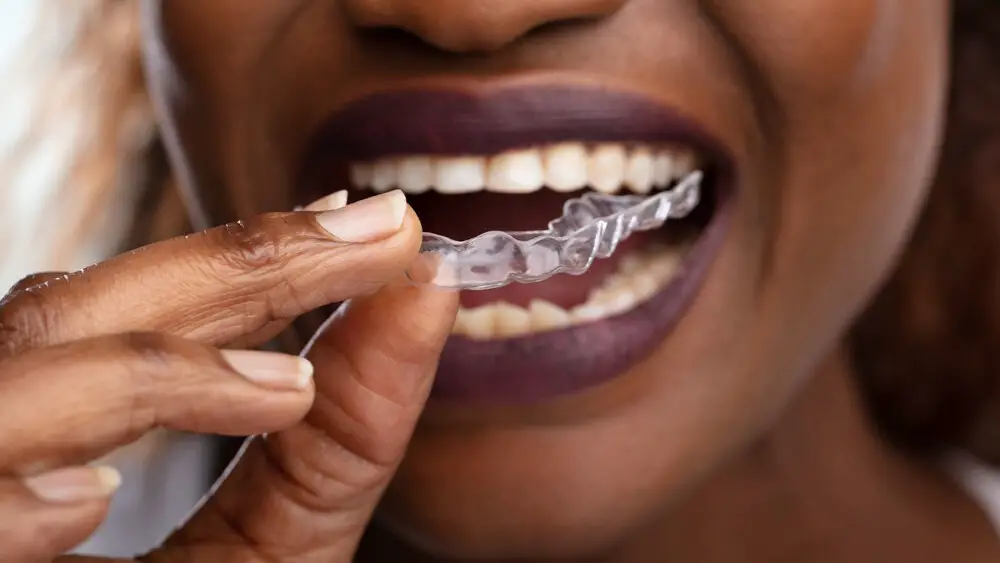
In conclusion, smoking after wisdom teeth removal can have detrimental effects on the healing process and lead to complications. It is highly recommended to wait at least 72 hours before smoking to minimize the risk of dry socket and other post-operative complications. It is essential to follow the dentist’s instructions and make the necessary lifestyle changes to ensure a smooth and successful recovery. Quitting smoking altogether can not only benefit the healing process but also improve overall health and reduce the risk of future dental problems. Patience and caution are necessary when it comes to smoking after wisdom teeth removal, as the consequences of ignoring medical advice can be severe.







